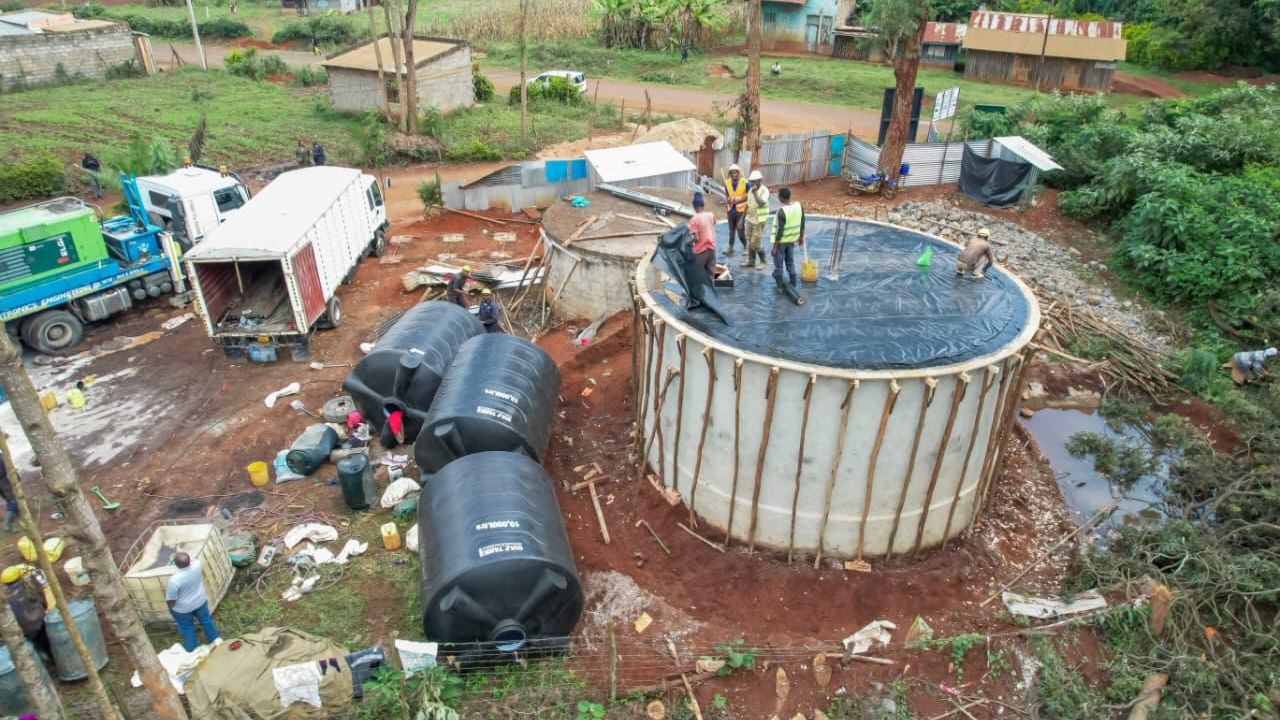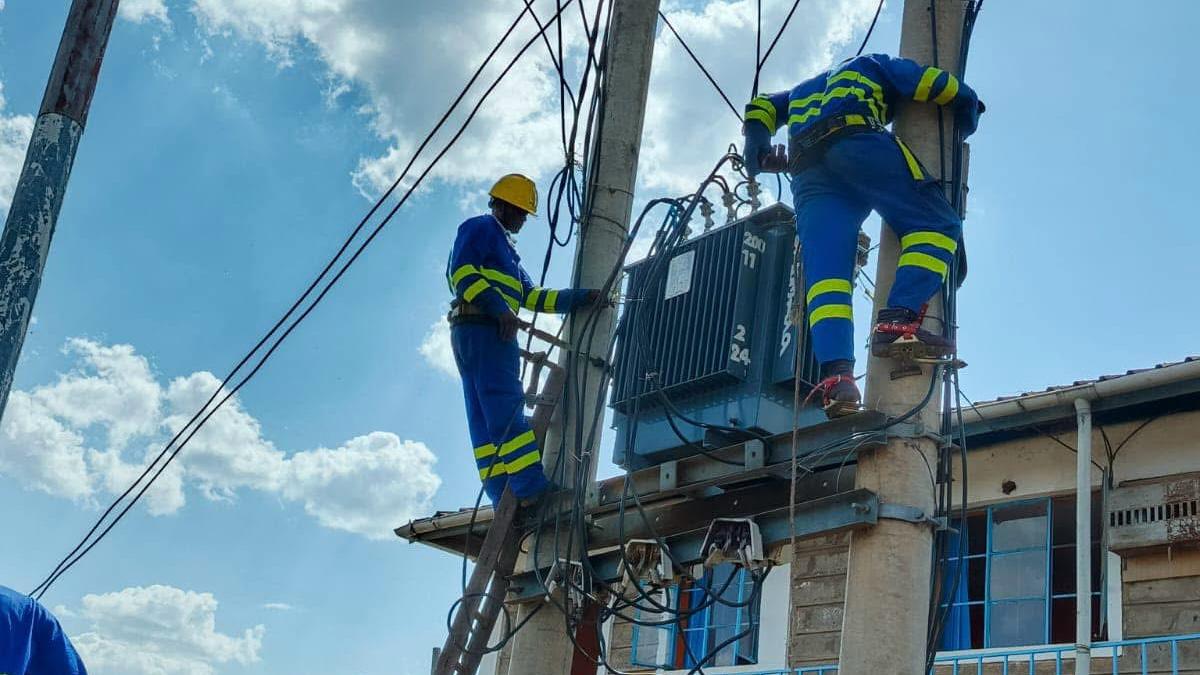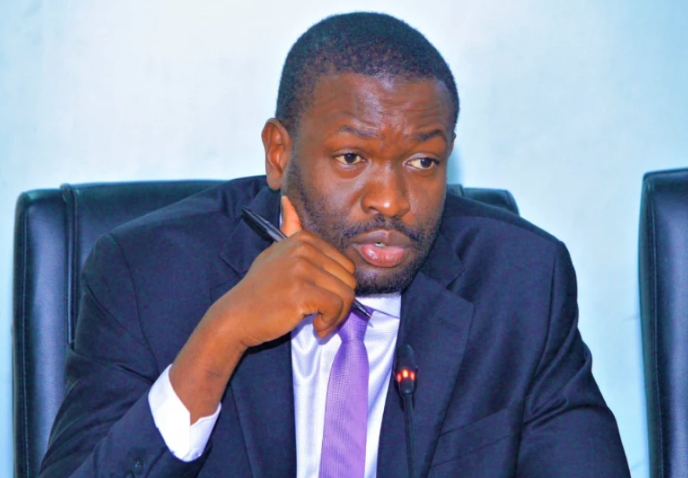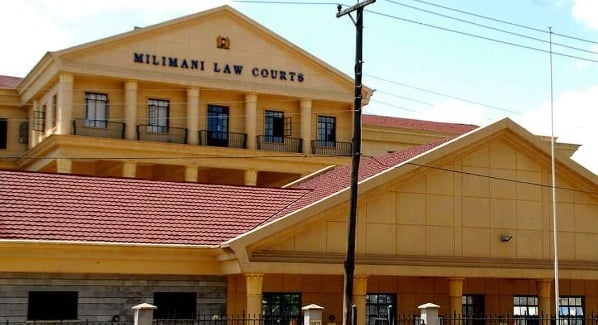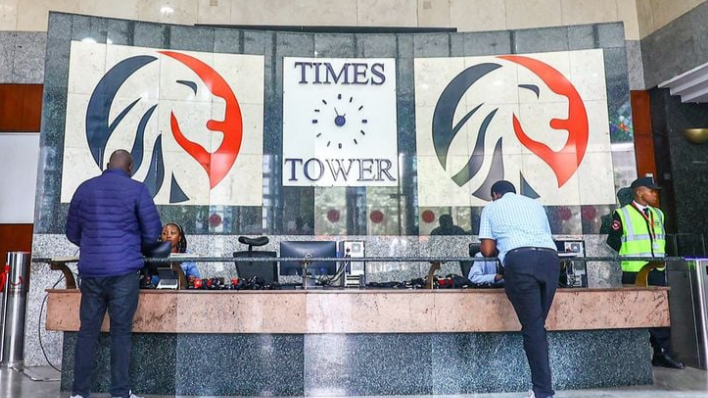Kirinyaga Governor Anne Waiguru has announced plans to roll out 42 new water projects with each initiative designed to serve between 300 and 500 people.
The projects will be implemented across all 20 wards in the county, with an estimated 30,000 residents expected to benefit.
According to Waiguru, the county’s program will focus on drilling and equipping boreholes with solar power, laying new water pipelines, installing storage tanks, and rehabilitating existing intakes.
She also noted that the county is simultaneously investing in environmental sustainability through the Financing Locally-Led Climate Action (FLLoCA) Program, an initiative meant to help counties and communities design and implement their own climate-resilient projects.
"Every home deserves safe water, every farmer needs irrigation support, and every child deserves to go to school without worrying about unsafe water. That is the future we are building for Kirinyaga," she said.
Read More
Over the past year, the county has recorded notable achievements, completing 37 water projects such as the Kiorugari Water Project in Nyangati, the Rukenya Irrigation Project in Kabare, and the Kugeria Water Project in Murinduko.
In addition, six boreholes were drilled, with five more now underway to expand supply.
The benefits are already being felt in schools, villages, and marketplaces.
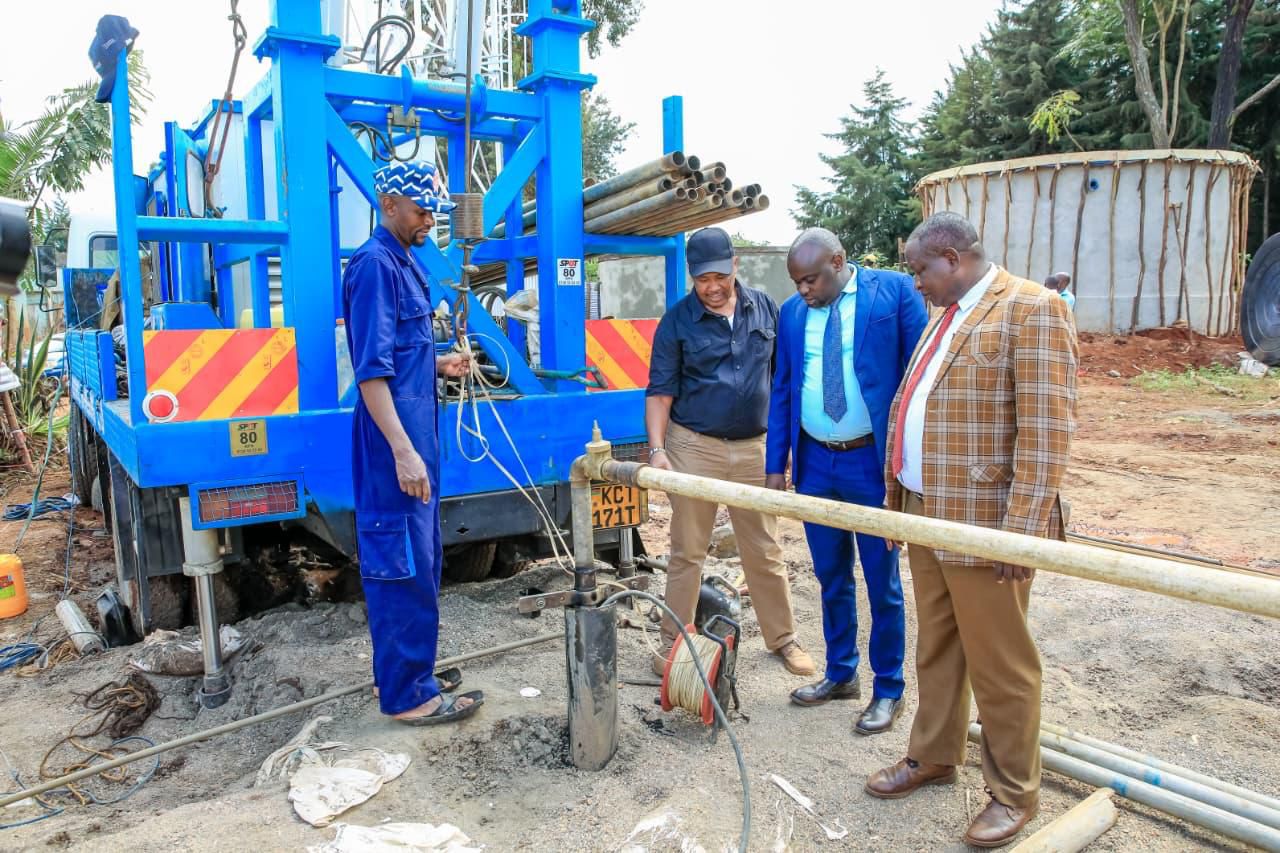
For instance, at Kamucege Primary School in Gathigiriri Ward, the borehole installed at the institution has become a lifeline for 420 learners.
"Before this borehole, learners were constantly missing school due to bilharzia and stomach infections from contaminated water. Since clean water was made available, attendance has improved and learning hours are no longer lost," said Principal Charles Weru.
In addition to borehole drilling, the county has also distributed 20 community water tanks, each with a capacity of 10,000 litres.
In July, Waiguru distributed an additional 26 garbage skips and a new skip loader truck in a fresh move to boost waste management across the county.
The skips, which are designed for easier waste disposal, were strategically placed in towns that previously lacked them as well as those with busy market.
While unveiling the improved solid waste management programme, Waiguru highlighted the initiative’s role in promoting cleanliness in local markets and trading hubs.
"These will improve our cleanliness especially in markets and trading centers. We are working on a material recovery facility, and these skips are a step closer to realizing this dream," she said.
Waiguru also noted that effective waste collection would be essential for the success of the Material Recovery Facility currently under development in Kutus.
She reaffirmed her administration’s commitment to climate-resilient strategies aimed at mitigating the impact of climate change.
According to Waiguru, the initiative is part of the county’s climate agenda under the Financing Locally-Led Climate Action (FLLOCA) Program, which seeks to foster environmental sustainability and improve community welfare.
"These skips will help improve sanitation in markets and trading centres across the county," she added.
